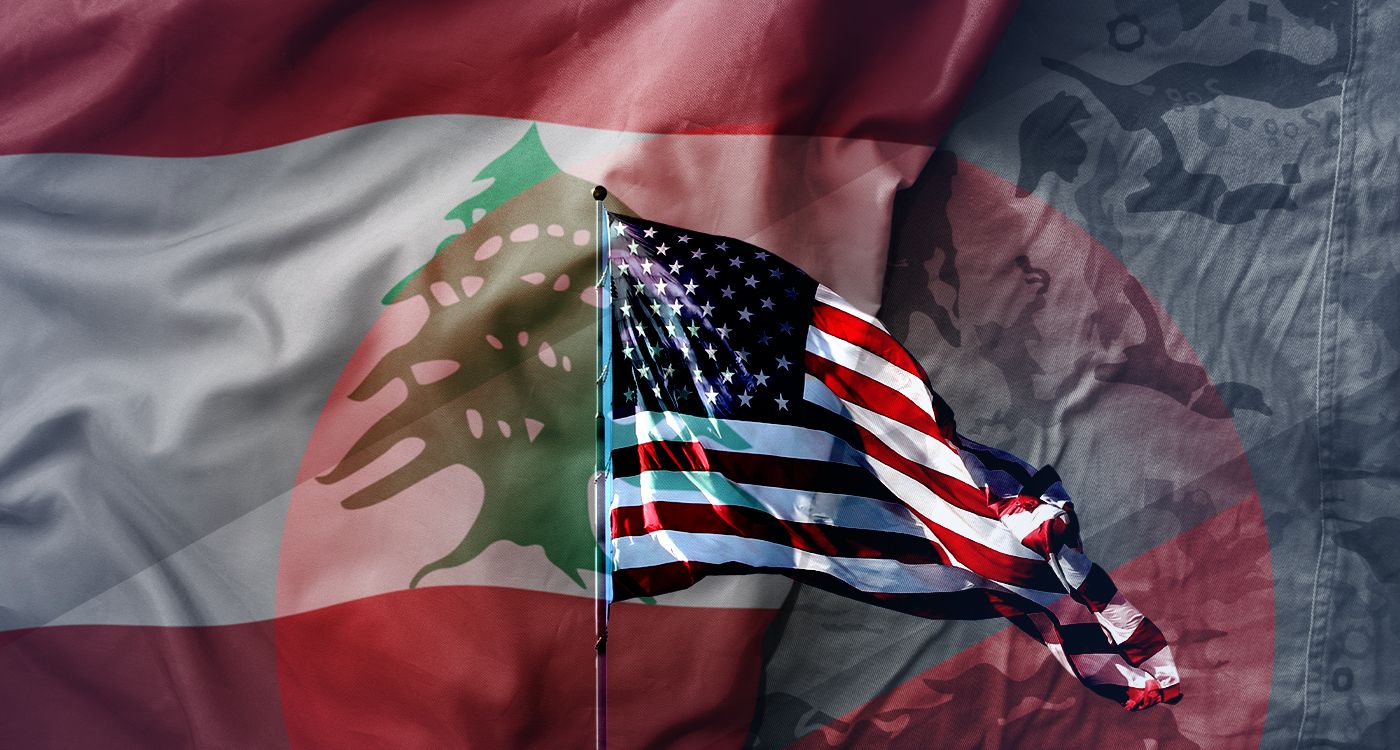
Lebanon is at a critical juncture as it navigates a complex regional landscape, and emphasis on the Lebanese Armed Forces (LAF) has never been more important. In Washington, there is a strong belief that empowering the LAF is essential to countering militant factions like Hezbollah and ensuring the stability of the country. In the wake of the recent US-brokered ceasefire with Israel, the urgency to enhance the LAF's capabilities has escalated. Although the army faces significant financial constraints and depends heavily on foreign aid, the imperative to overcome ongoing internal insecurity while addressing resource limitations is clear.
Ed Gabriel, head of the American Task Force for Lebanon, emphasized the US commitment to strengthening the LAF, stating, "We are dedicated to working closely with the Lebanese Armed Forces to ensure they gain the necessary troops, training, and equipment to fulfill their responsibilities effectively." In a commentary to "This is Beirut," he noted that the US Department of Defense (the Pentagon) has identified and reprogrammed several hundred million dollars specifically for this purpose, particularly to enhance border security and manage ports of entry.
Looking toward the future, Gabriel expressed optimism regarding US bipartisan support for the LAF within Congress, remarking, "There is broad support from both parties to assist the LAF. While some objections remain, they are becoming less frequent, especially in light of the recent agreement between Israel and Lebanon, which has shifted perspectives." This political backing reflects a shared recognition of the LAF's essential role in maintaining stability amid rising tensions.
Gabriel also conveyed confidence in the commitment of the upcoming administration towards Lebanon, stating, "We anticipate strong support from the new administration, which has been closely involved in this deal and has consulted regularly on its implementation." This expectation underscores continued US interest in ensuring that the LAF is adequately equipped and supported moving forward.
Hanin Ghaddar, a Senior Fellow at The Washington Institute, commented on the complexities surrounding the LAF. "The Lebanese Armed Forces have demonstrated their capability to confront insurgencies like ISIS and al-Nusra, but they require more robust support to deal with Hezbollah and implement UN Resolution 1701 effectively." She emphasized the need for a decisive political choice to enable the LAF to disarm Hezbollah, which reflects a significant challenge on the path toward stability.
Despite the recent deployment of troops to southern Lebanon aimed at securing the border, Ghaddar pointed out to This is Beirut that the LAF's efforts only partially fulfill the broader mandate of UN Resolution 1701, which calls for the complete disarmament of Hezbollah. She stated, "The Lebanese Army is exhausted and under-resourced. Without an influx of new recruits, it cannot effectively secure all of Lebanon's borders."
The dynamics of Lebanon's internal conflict are further complicated by demographic shifts, particularly the internal displacement crisis, which has heightened sectarian tensions. Aram Nerguizian, a Senior Researcher in Strategy at CSIS, observed, "The priority has shifted to maintaining fragile internal stability." The displacement of many Shiites from the south to central Lebanon and the greater Beirut area raises fears of rekindling longstanding internal fault lines, potentially leading to open conflict.
Gabriel recognizes the multifaceted nature of US engagement in Lebanon, stating, "It is essential that the United States recognizes this commitment, which involves navigating a complex set of circumstances." He stressed that cooperation with the Lebanese diaspora and regional allies will be pivotal in sustaining support for the LAF and addressing Lebanon's reconstruction and humanitarian needs.
The message is clear, he said. "The ongoing US support for the Lebanese Armed Forces is not merely an investment in military capabilities but a critical step in fostering a more stable Lebanon." As both US and Lebanese officials work toward a shared vision for the future, he added that the focus on strengthening the LAF remains vital to ongoing discussions about peace and stability in a region fraught with challenges.
Gabriel concluded, "America cannot do this alone, but our leadership can drive the necessary support from around the world. The US must remain steadfast as this agreement's lead enforcer and guarantor." The future of the LAF—and indeed, of Lebanon itself—may very well depend on the effectiveness and depth of this collaborative commitment.




Comments